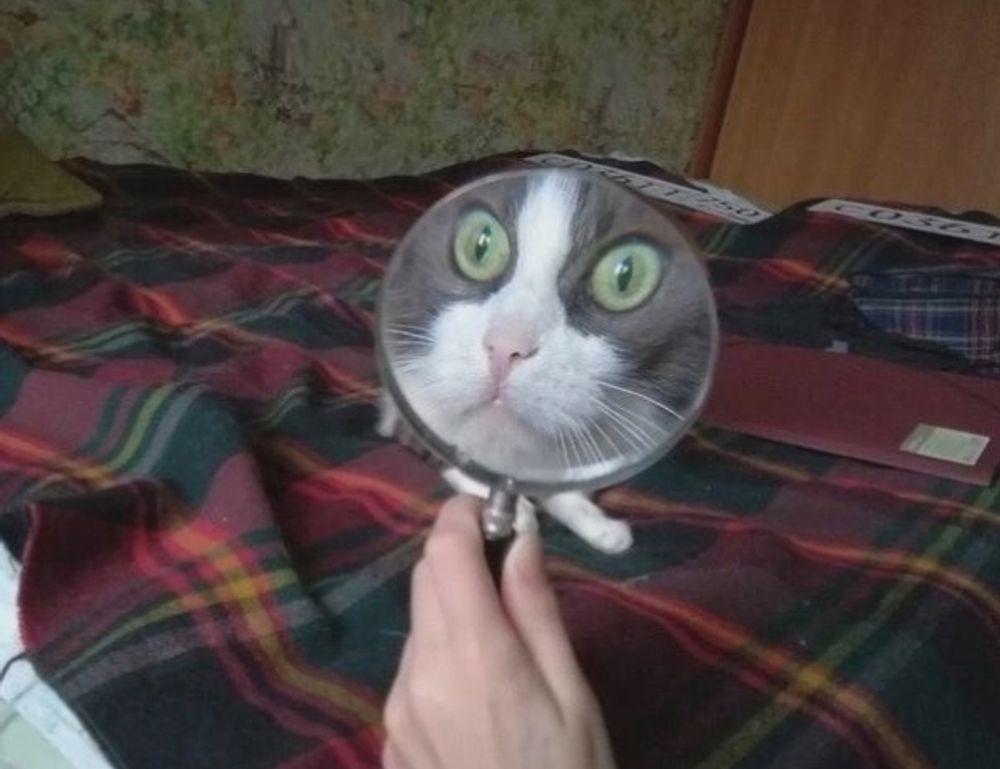Who Is bunnyboy2002?
Under the alias bunnyboy2002, this creator has been steadily producing microgames, nostalgic pixel illustrations, and development logs that keep a small but loyal audience hooked. There’s no giant studio behind the work—just smart use of tools like Godot, aseprite, and intentional design choices that play to strengths rather than trends.
He doesn’t try to reinvent the wheel. Instead, he focuses on crisp movement, tight controls, and eyepopping animations in the smallest of canvases. Think Game Boy Color vibes—but playable on your browser or phone. The retro aesthetic isn’t a gimmick; it’s part of the core design language that bunnyboy2002 builds with.
Design With Constraints, Not Limitations
One of the most distinct aspects of bunnyboy2002’s work is the minimalism. Levels are compact. Color palettes are lean. File sizes are tiny. It’s oldschool design born out of smart layering and restraint.
Instead of chasing massive maps or MMOstyle interaction, the games aim for clarity: a single mechanic, a single goal, and laser focus. They’re short—you can beat some in under 10 minutes—but they leave a lasting impression.
This level of discipline makes it easier to finish projects and polish the experience. There’s never a sense the game is bloated or unfinished. Less is more when every sprite, sound, and second is intentional.
Lessons for Aspiring Creators
So what can upandcoming indie devs take away from following someone like bunnyboy2002?
1. Build Small, Early, and Often
One common creator pitfall: overscoping. You dream up the next Stardew Valley—but it never sees the light of day. Instead, bunnyboy2002 proves that publishing small builds frequently is a better rhythm. He shares early prototypes, refines ideas in public, and gets feedback fast.
This not only prevents burnout, it builds community trust. Your audience isn’t just watching you succeed—they’re part of the testing ground.
2. Leverage Nostalgia Without Being Cliché
There’s a difference between copying a style and mastering it. The work coming from bunnyboy2002 doesn’t feel like it’s stuck worshipping the past. It’s fluent in it. There’s a creative reinterpretation happening. The sprites aren’t just mimicking NESera art—they introduce weird, fun, unexpected quirks that feel fresh.
Don’t copy. Decode what made old games good and remix the best parts.
3. Share the Process
One smart strategy: showing your work. Discord channels, Twitter threads, short devlog videos—these aren’t just marketing. They’re visibility tools. By showing both finished pieces and scraps of early builds, it makes the creator feel real. The audience gets attached, and it motivates the maker to keep building.
The Community Side
Any creator who builds alone for years ends up realizing: it’s not really a solo job. That’s why people like bunnyboy2002 cultivate both presence and participation. Available on itch.io, sometimes on Reddit, and responsive in comment sections—you don’t just see the art, you talk about it with others and, more importantly, with the creator.
This twoway feedback loop reinforces trust. It leads to better games. No echo chamber. No silent development. Just a focused, interactive environment with direct player input.
Growing Without Selling Out
It’s tempting to go big. Get publishers involved. Launch on Steam. But bunnyboy2002 hasn’t forced that growth. There’s no sign of bloated expansion or mission creep. The projects stick to the core: delight small audiences frequently and efficiently. Monetization will come, but not by tossing ads or merchandise into the mix prematurely.
By staying lean and digital, growth happens at the margin—new players come in because of recommendations, not because of dollars spent on ad campaigns.
It’s About the Work, Not the Hype
At the end of the day, numbers don’t drive the projects—you get the feeling that the process itself is the reward. bunnyboy2002 doesn’t look like someone refreshing analytics at 2AM. The pace is steady. Deadlines are flexible. Projects get finished. It’s refreshing in a world of overhyped trailers and abandoned Kickstarters.
Working smarter, rather than louder, is the real skill here.
Final Takeaway
If you’re a solo developer, a pixel artist, or just someone who’s passionate about small, beautiful projects with clarity and charm, there’s value in studying bunnyboy2002. This isn’t about instant virality or store launches. It’s about building better games and stronger creative habits—on your terms, at your speed, without compromise.
Success might not arrive with explosive fanfare—but it does come in the form of an audience that sticks around, engages, and waits eagerly for whatever drops next. Even if it’s just a 3minute game with killer jump physics and a funky chiptune beat.




